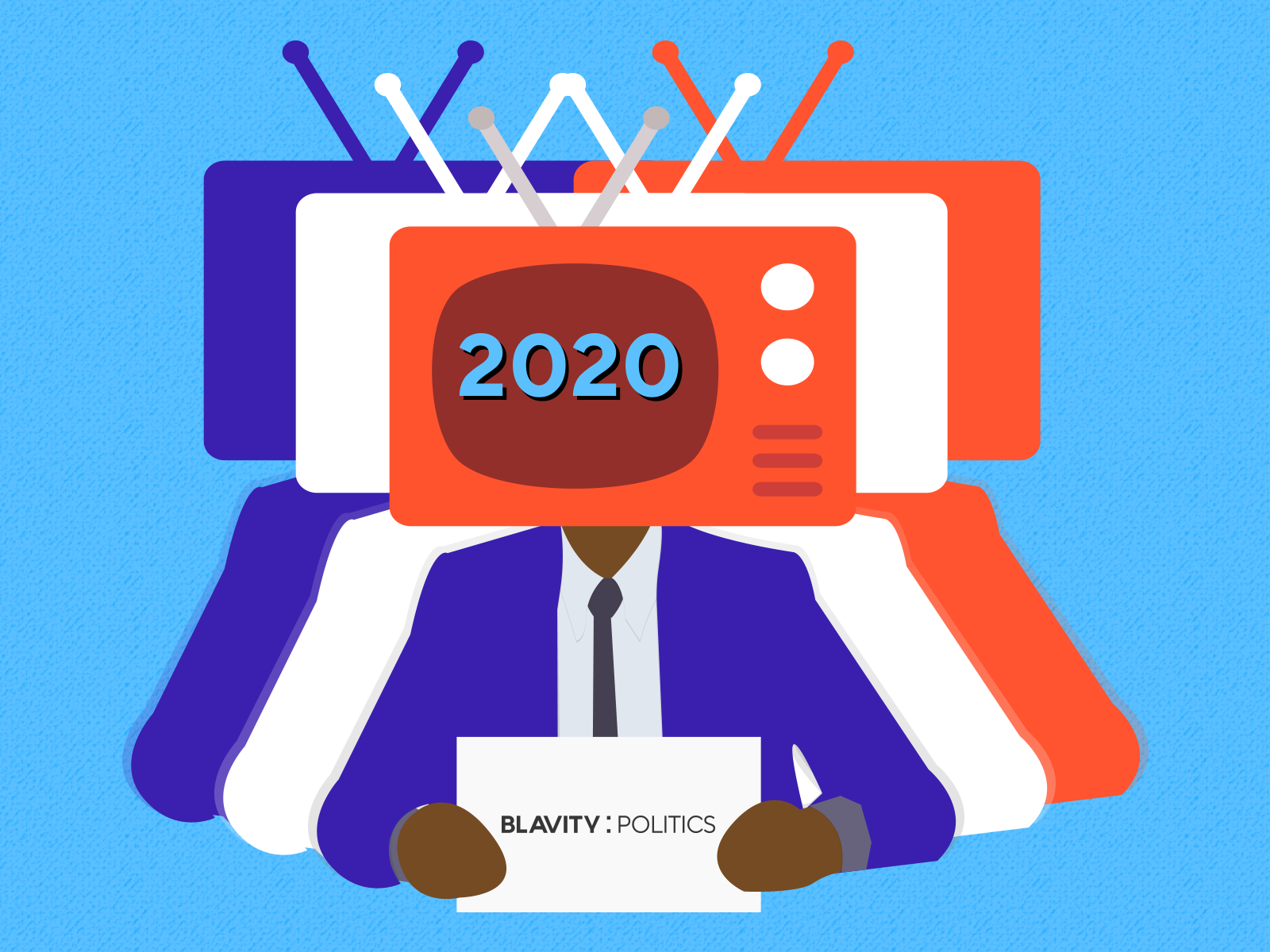On Tuesday, July 30, the second round of Democratic debates will begin in Detroit, Michigan. The debates will take place over two nights to accompany the 20 candidates that have qualified to participate. They will be aired on CNN, CNN en Español and CNN International, with Dana Bash, Don Lemon and Jake Tapper acting as moderators.
A debate stage is a place where candidates can try to change the narrative surrounding their campaign. If they're trailing in the polls, this is their chance to gain traction. The debate forum is also the place where candidates can spread misinformation, throw dirt at each other or end their career with one gaffe.
This is why it’s important that we, as voters, become more than just audience members in tonight's debate; we must be active participants. By being informed and engaged, we can change the culture of apathy in this country and make the debates something that actually covers issues and topics that are pertinent to the presidential race.
Here are key factors for audiences to keep in mind ahead of watching the debates:
1. The platform hosting the debate
The next series of presidential debates are being aired and moderated by major corporations. This is helpful to remember when watching the debate so you, as a viewer, are thinking critically about what questions the moderator is and isn’t asking. This is not to say there will be an inherent bias, but there could be, and being an active participant in the debate, rather than just an audience member, means seeing through those potential biases.
The July 30 & 31 debates will be aired on CNN, who is owned by AT&T WarnerMedia media conglomerate. Given both these companies' investments in telecommunications, it would be a good idea to look out and see how much telecom monopolies are discussed, for example.
2. What is actually being said?
Making sure the candidates are only speaking facts is a necessary part of being an active participant during the debates. In a lot of ways, we all need to be our own citizen journalist and fact check the candidates.
This is why, for the debate, we’ll be conducting our own #BlackFactCheck. So, if a candidate is talking about how cutting taxes for the wealthiest in the country helps grow the economy or how escalating tension with Iran is necessary for security, we will follow up with evidence on why that is either true or not true. We welcome you to join us in watching the debate and using the hashtag #BlackFactCheck, while conducting your own research in the process.
3. Declaring your own winner
After the debates are over, media outlets and social media platforms are usually quick to declare a winner from the debate. Part of being an active participant means declaring your own winner. Or perhaps, maybe an even better idea for the health of this democratic process is to not look at the debate as having winners or losers at all. If after the debate, one of the candidates piqued your interest, take the time to check out their website. It will hopefully give you a clear outline of what their main policy agendas would be if elected president. While the information on candidate sites should still be looked at with a critical eye, they help provide a surface-level view of the candidate's campaign objectives.
This will be the first time we will see the 2020 presidential candidates interact with each other. As we've seen in past Democratic primaries, what is said during primary debates can go on to haunt the party once a nominee has been chosen. If the Democrats' whole mood is really to tell Trump "boy bye," then the candidates might want to be watchful of what they say each other. But, as active participants of this debate, our goals are a little different. We're looking to hear more from the candidates about what makes them worthy of being president outside of just not being Trump.
If you're not happy with the moderation of the debate, or if you feel like the way it was conducted wasn't fair, then let the party hosting the debate know. Political organizing shouldn't wait until the party has picked a nominee.
